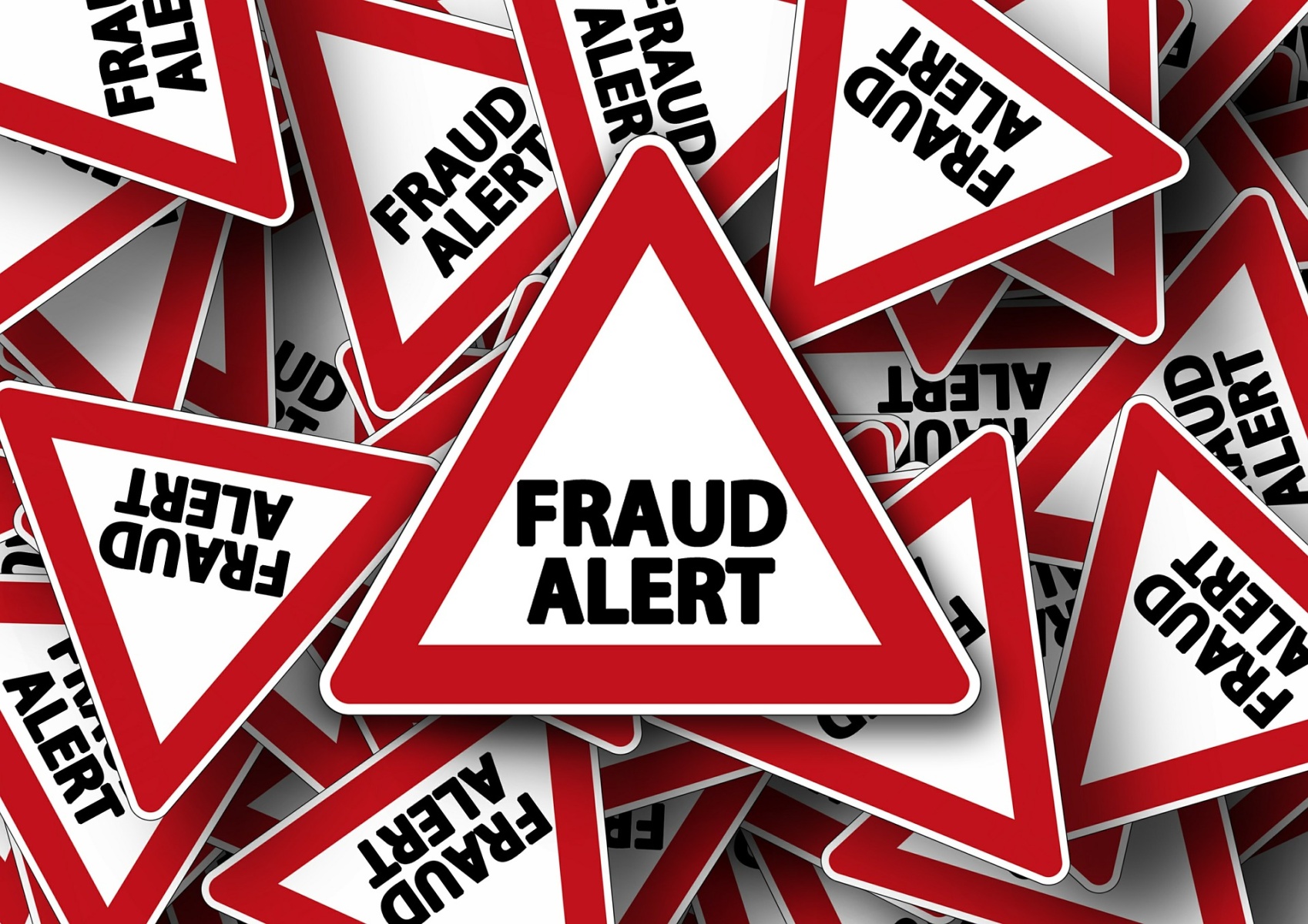Manage Your Debt - Let's Explore Your Options
GET STARTED NOWProtect Yourself from Financial Institution Fraud

A recent headline from the Consumer Financial Protection Bureau (CFPB) has alerted consumers that another financial institution has been fined for, “Illegally Exploiting Personal Data to Open Sham Accounts for Unsuspecting Customers.” This typically happens when financial institutions incentivize their employees to open new credit and loan accounts and to sell certain financial products.
The impact for consumers, said the CFPB, was harm, ‘in the form of unwanted accounts, negative effects on their credit profiles, and the loss of control over personally identifiable information. Customers also had to waste time and energy closing unauthorized accounts and resolving consequences stemming from them, including seeking refunds for improperly charged fees.”
As a consumer, the credit report inquiries created by these unwanted accounts can be difficult to spot. When we have an account with a financial institution, they may do periodic credit inquires to determine if they should offer us other products or services, increase credit limits we already have with them, or even close accounts. People may have difficulty determining what is a “hard” credit inquiry versus a promotional (soft) inquiry. (A hard inquiry is a purposeful application for new credit.)
There are steps that people can take to protect themselves from these situations. We have listed some of these precautions here.
1. Talk to your financial institution about their employee incentive and sales program. Also ask how they protect your information and prevent situations like these from arising.
2. Sign up for alerts from the credit reporting agencies. There are several different alerts you can select. These include credit monitoring alerts and fraud alerts on your credit report.
Credit Monitoring: Each of the three major credit bureaus currently offers free credit monitoring programs. These services allow you to review your credit report on a regular basis and will send, via text or email, updates if something changes on your report. This may be a balance change, a new creditor being reported, an account being paid off, a new address, etc. This can help catch fraud as soon as it occurs rather than the next time you pull up your credit report.
Fraud Alert: A fraud alert does not prevent a thief from using accounts they already have access to (like your credit card). Instead, it makes it more difficult for someone to open new accounts using your identity. A fraud alert requires businesses, accessing your credit report, to take special steps to verify your identity before opening new credit in your name. Anyone who suspects or is concerned about fraud can place a fraud alert on their credit report.
There is no charge to place a fraud alert on your credit report and alerts last one year. They can be renewed.
To place a fraud alert, contact any one of the three credit bureaus, Equifax, Experian, or TransUnion. The company you notify will alert the other two credit bureaus.
3. Review copies of your credit reports, regularly. You can obtain a free copy of your credit report from each major credit reporting agency (Equifax, Experian, and TransUnion), once every 12 months. Take advantage of that as well as some of the other sites that now offer access to FREE information regarding your credit reports. To learn more about free credit report sites, check out our video Credit Scores and Options for Free Credit Reports.
4. Sign up for text and email updates from your financial institutions. Many banks, credit unions, and other financial institutions have options for receiving alerts. These include alerts that notify you about a:
- Low balance
- Large deposit
- Large purchase
- Large ATM withdrawal
- Unusual activity
NOTE: It is important to learn how to tell what the alerts from your financial institution look like. The alerts are great and if you receive one and need to act on it, we recommend contacting the business using the telephone number you typically call or on their direct website (you type it). This helps avoid fraudulent links or contacts from scammers pretending to be your financial institution.
5. Be aware of the services your financial institution offers and pay close attention to people trying to sell you additional products or services. If you are not interested or unsure about a product or account, firmly say no.
If this has happened to you or someone you know, reach out the CFPB. Consumers can submit complaints about financial products or services by visiting the CFPB’s website or by calling (855) 411-CFPB (2372). Another great resource is your state attorney general’s office. You can find your states attorney general’s office by visiting the National Association of Attorneys General.
Employees who believe their companies have violated federal consumer financial protection laws are encouraged to send information about what they know to whistleblower@cfpb.gov.
Published Aug 30, 2022.
